It's not you, it's me.
"It's not you, it's me."
It's a classic break-up line, one to soften the blow so the other doesn't feel as rejected as if you said what you were really thinking. But...what if it's true? What if you really are the problem? Something I've noticed about the growth process for my clients is that there is a steep upward movement in personal development when there is a realization that they are the only ones responsible for their actions, reactions, and responses and they don't need to be a victim.
Don't get me wrong, I'm not abandoning my roots here! I still fully believe that the things that occur early in a person's life have a strong developmental impact on how they view themselves and the world around them. It's that exact view that drives this blog post - events in adulthood - as opposed to childhood, where a person may actually be helpless - get viewed through that same child-like lens of helplessness, which leads to victimization - a blaming of others for one's problems.
What would happen if you were able to view your life through a more mature, more powerful lens? What if those things that happened in your childhood shaped you, but didn't define you?
First, some words about that little voice in your head. I call it your inner critic. Everyone has one. Mine has an Irish accent that I gave him when I was in grad school and struggling with the confidence needed to talk to perfect strangers and feel like I was actually helping them. That inner critic's job is to keep you from saying and doing socially awkward, dangerous, thoughtless, or otherwise foolish things. It's a good job. The problem is, that inner critic is critical of absolutely everything you do. People with high self-confidence have developed the ability to tune out their inner critic on a day-to-day basis and only listen when that critic is behaving in an appropriate manner (No, Inner Critic, my hair is fine. Ok, Inner Critic, I will not make that joke about dead babies.). People who listen to every word that comes from their inner critic tend towards victimization. "It's not fair, they don't treat you right", which can turn into anger and mistrust: "No one cares what you think, say, or do."
So what? So now you know you have this angry little critic inside you, calling out every flaw and injustice. That's step one. Recognize that inner critic for what it is - a tool for you to use. It is not your life-bible. You do not need to do, say, or believe everything that critic says.
According to Joyce Callet (in The Ethics of Interpersonal Relationships), once you recognize that critic for what it is, you can then identify the anger behind it - an irrational, emotional response to frustration that requires no justification. Feeling angry is okay. Seriously.
When you rationalize your anger (people should treat me a certain way), then you can get stuck in anger that turns others away and is massively unhealthy. Stay away from obligation - the ideas of fairness or rightness or should-ness - since they can lead to paranoid feelings (e.g., my mother should listen to me but doesn’t do it how I think she should so, obviously, she hates me). Just go ahead and be frustrated and then move on and away from thoughts about the requirements of others and how they treat you.
Talk about your anger in non-victimized, assertive ways. Give up the idea that you are owed anything by anyone, and take control of getting what you want and need to reduce your own frustration. Admit that you are angry, work on developing the ability to see the difference between how you feel about a situation and the actions that led to that feeling (no one can make you mad; in reality, it is your interpretation of the situation that leads to frustration and, subsequently, anger), and stop limiting yourself by blaming others.
After all, if you're not happy...it's probably you.
